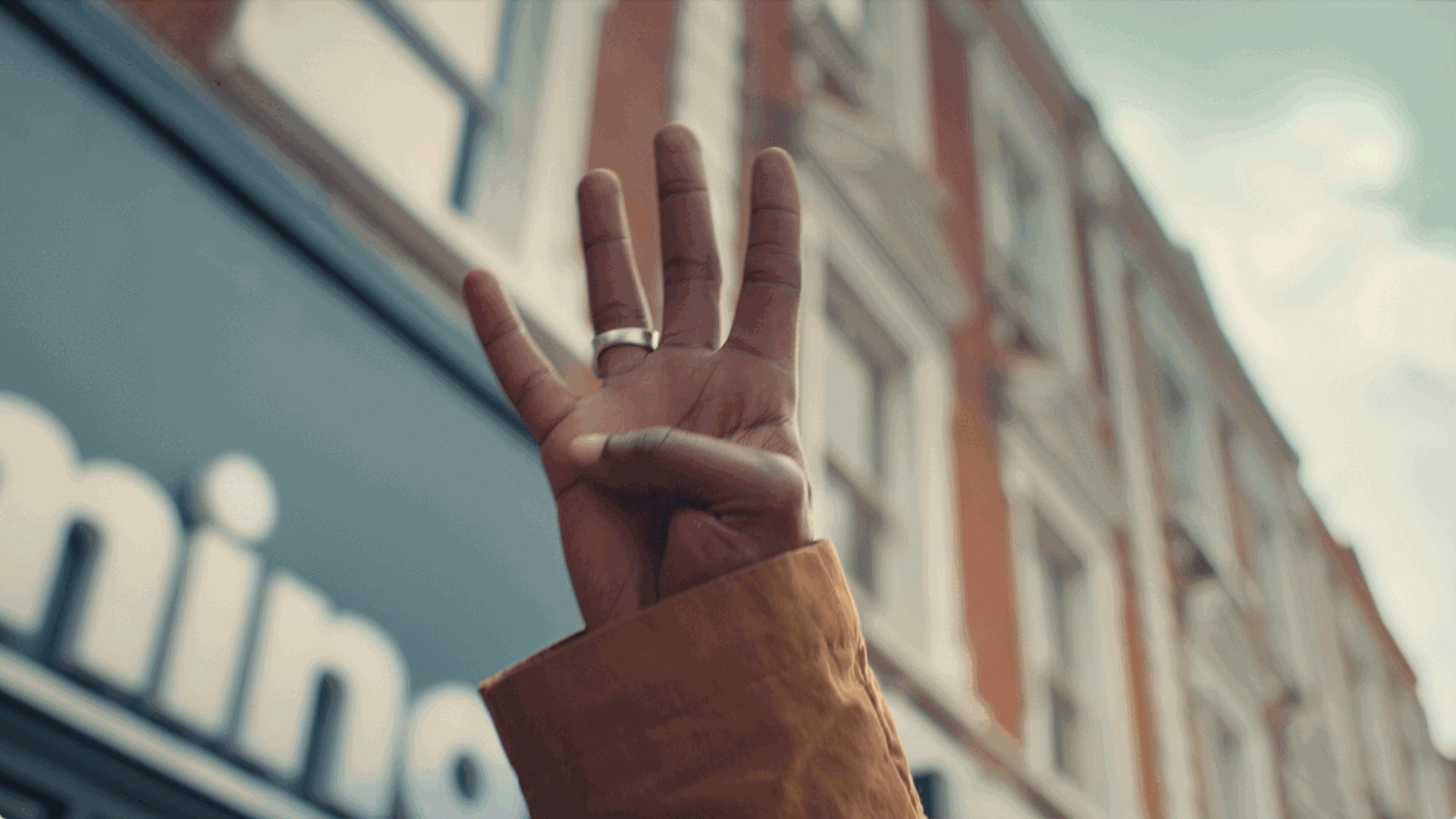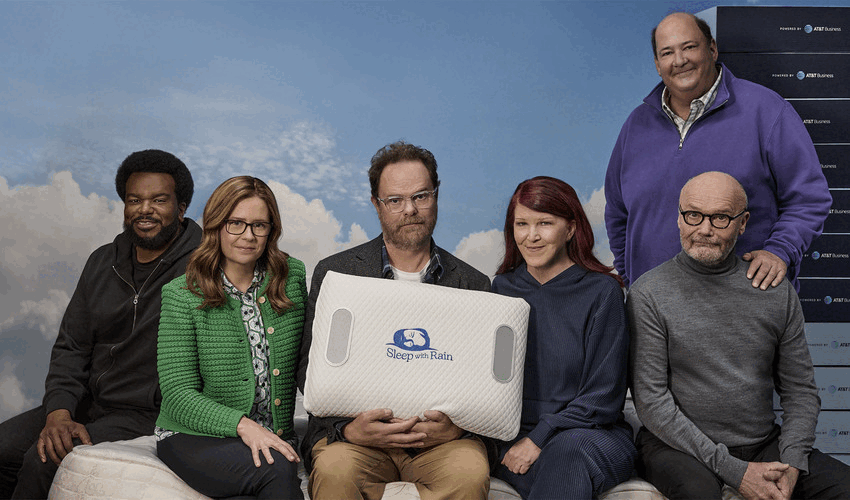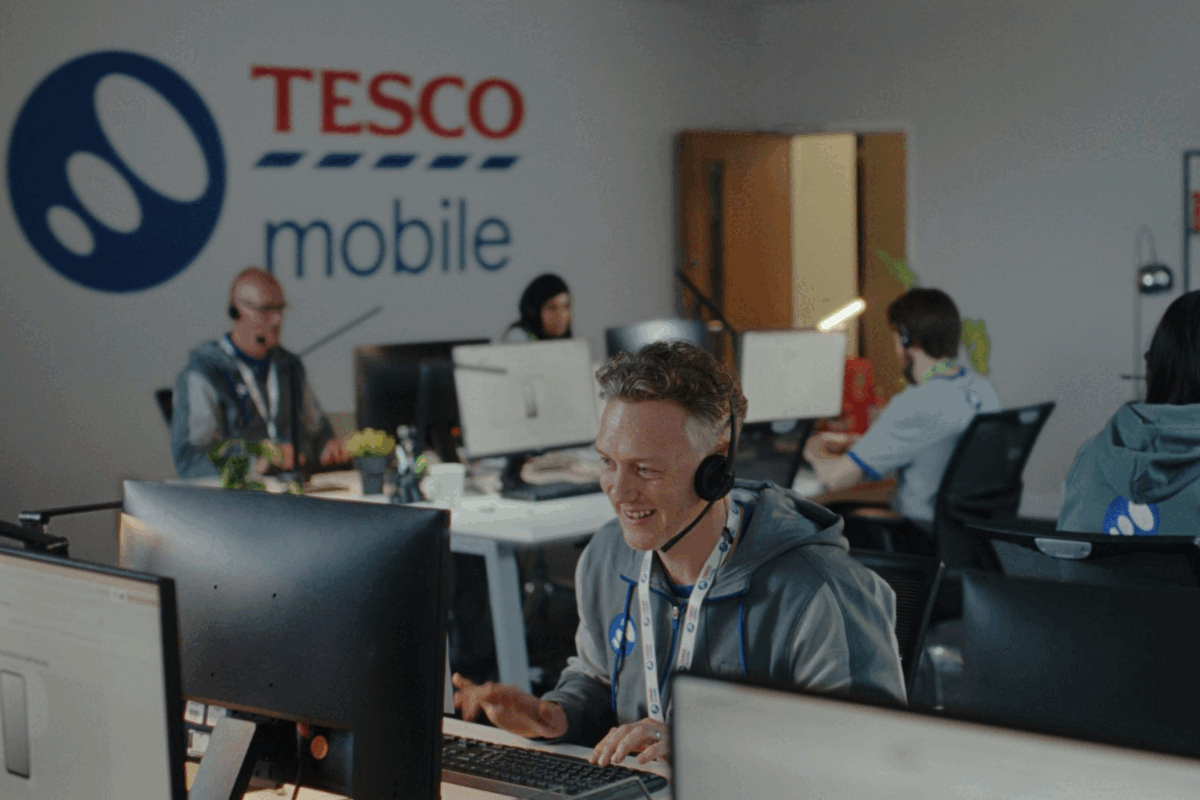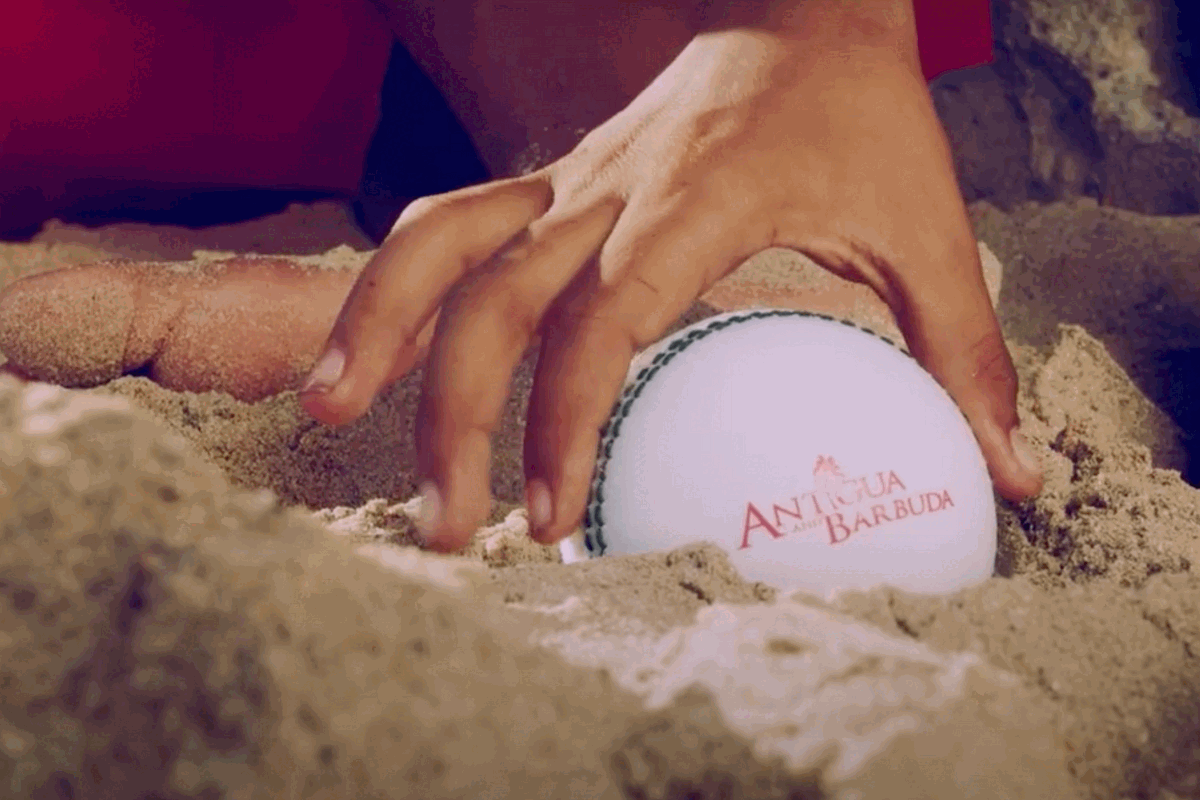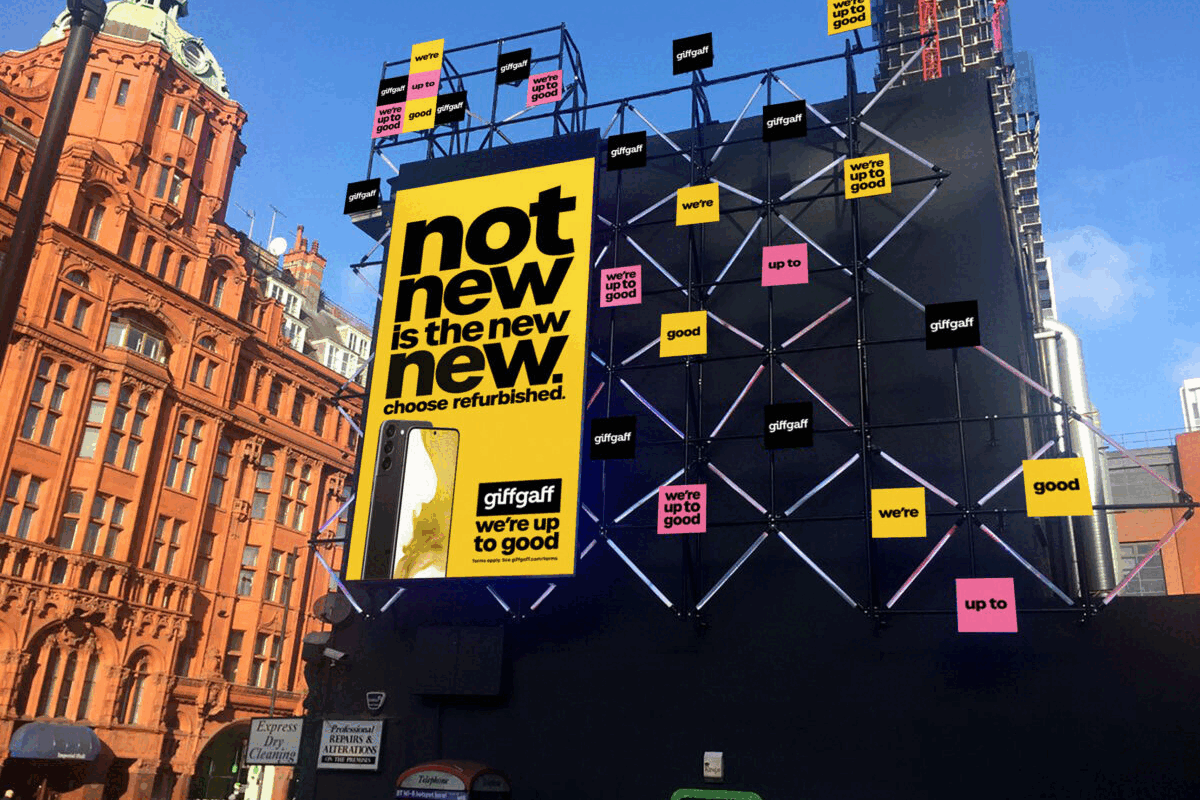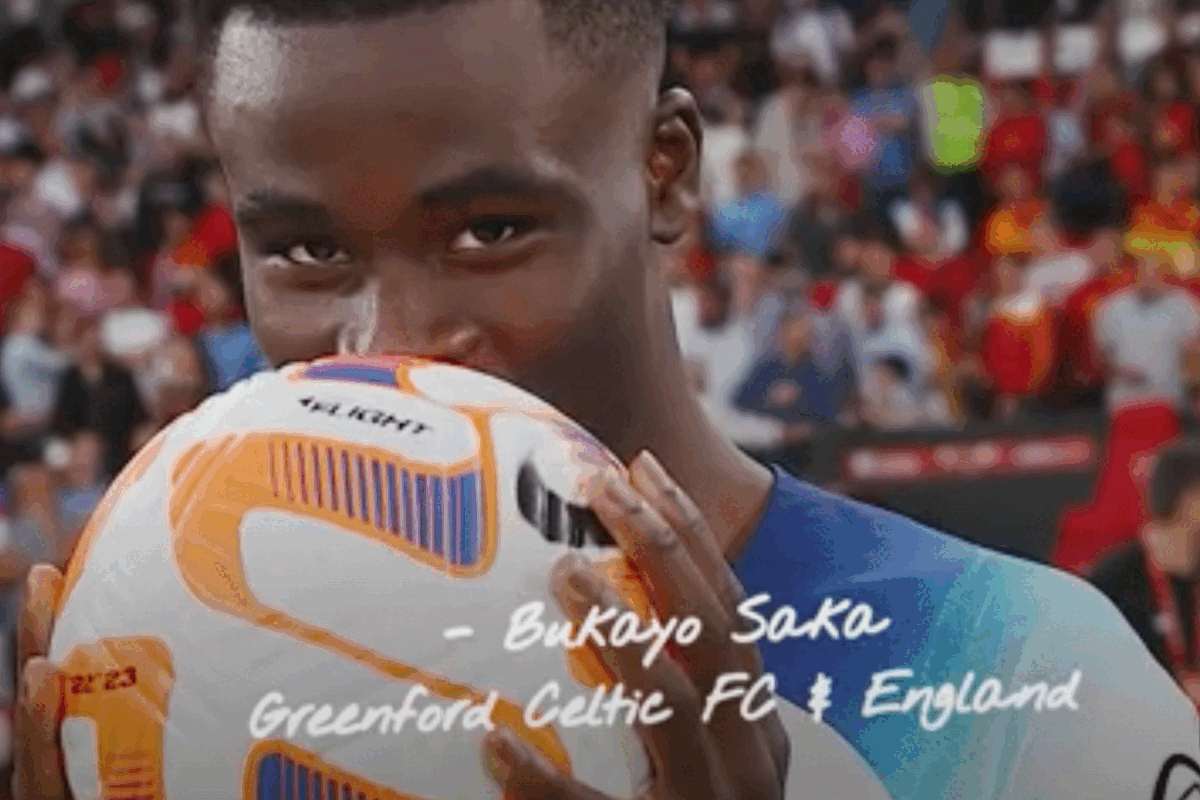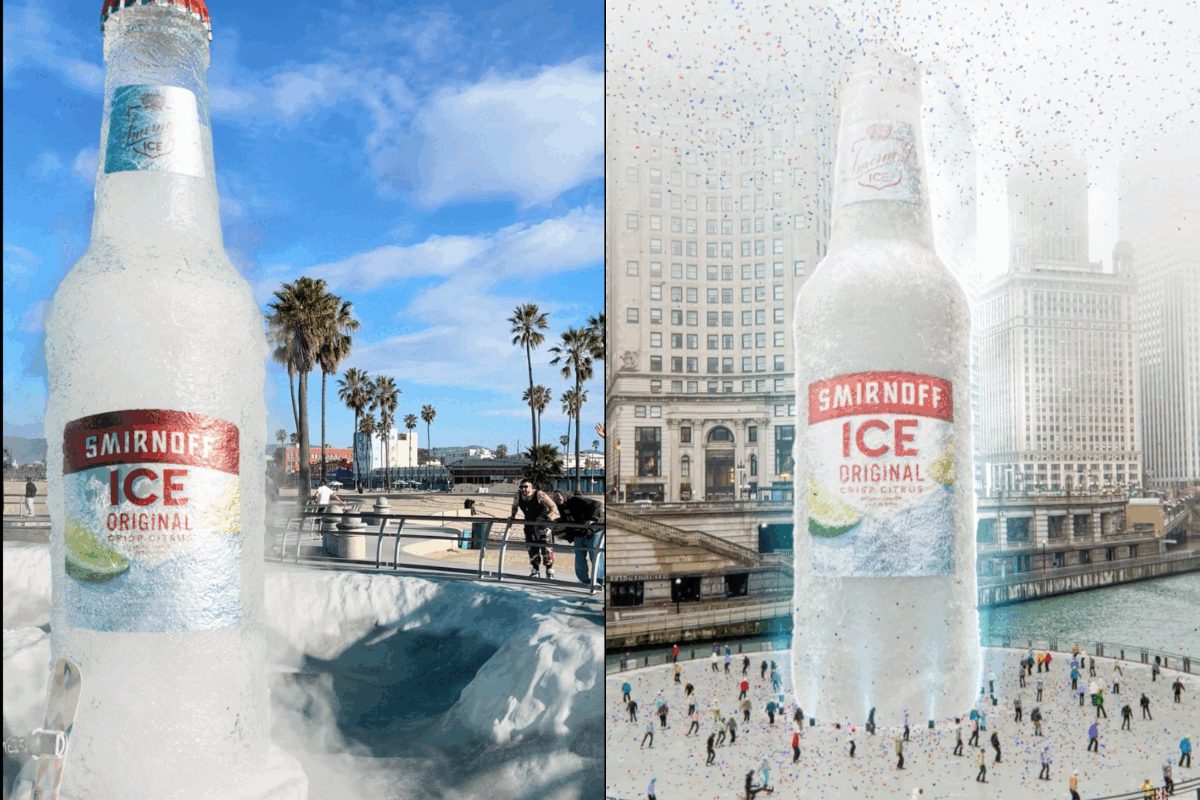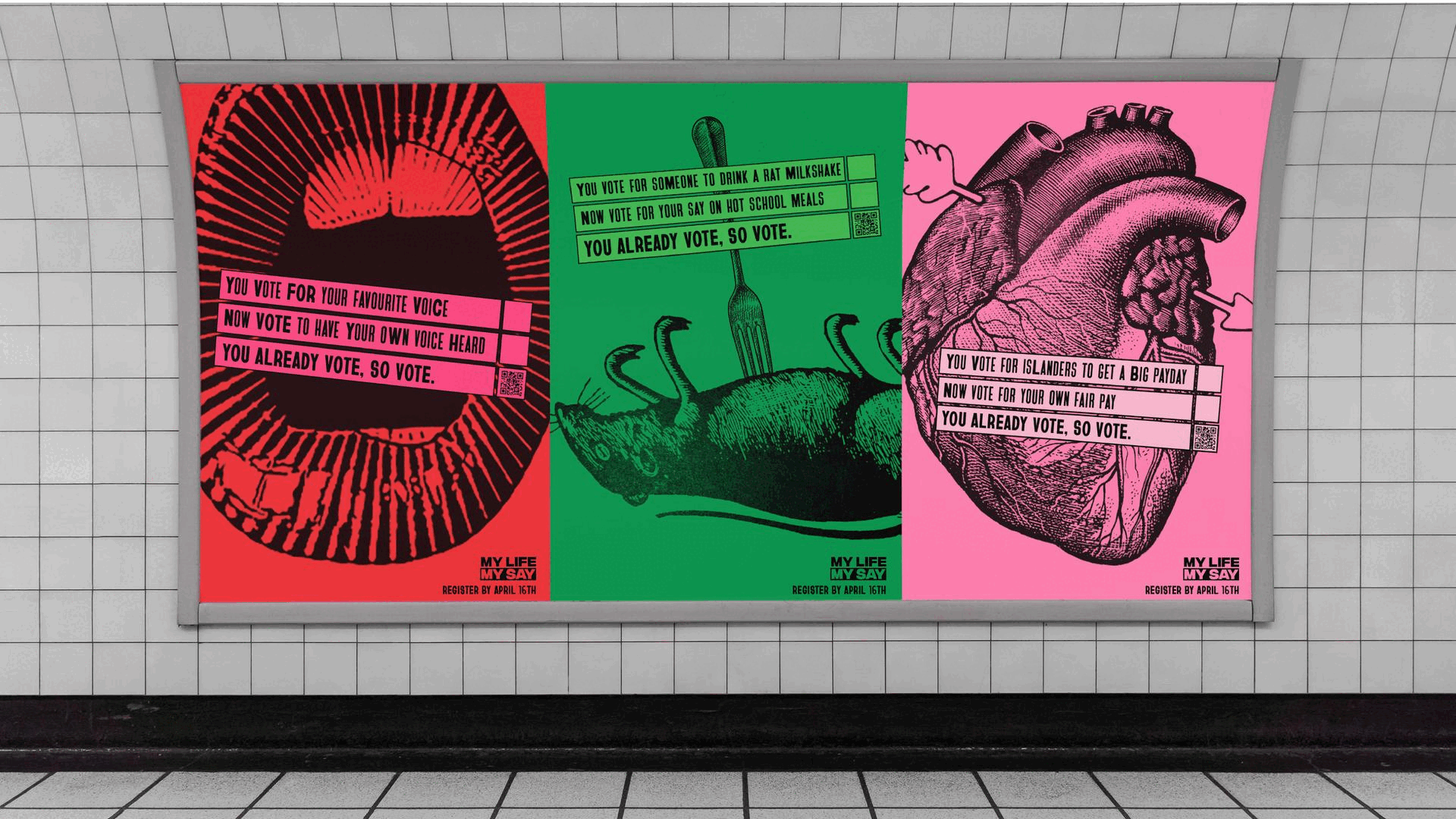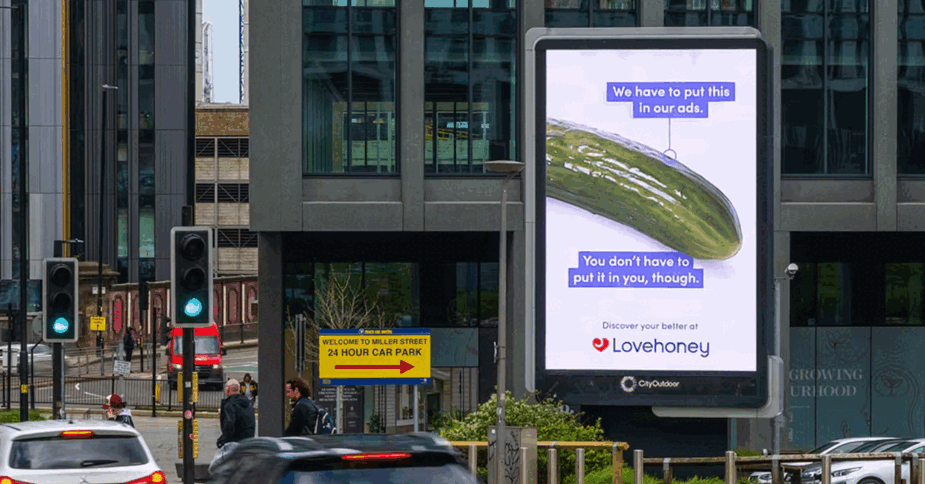Awards Preview – Most Effective Tactical Messaging Campaign
- Tuesday, October 29th, 2013
- Share this article:

With the Effective Mobile Marketing Awards Ceremony taking place in London in just over four weeks’ time, on 28 November, we are previewing the finalists in each category day-by-day between now and then.
Yesterday, we looked at the finalists in the Most Effective Mobile Advertising Campaign category. Today, we look at the contenders in the Most Effective Tactical Messaging Campaign category, which was spun out of the Mobile Advertising category due to the high number of messaging-based entries which were of a very high standard, but which it didn’t seem appropriate to rank alongside more traditional, display campaigns.
Amobee – Swarovski App Download and Footfall Campaign
To launch its spring/summer 2013 jewelry and accessories collection, “Tropical Paradise,” Swarovski selected Amobee to execute a cross-national mobile advertising campaign. The objectives were to raise awareness of the collection, drive downloads and use of the Swarovski app, and drive traffic to Swarovski’s online and physical stores.
Using its PULSE platform, Amobee paired UK-based mobile operator data and users’ location to deliver relevant SMS messages to target opted-in iPhone and Android users in the target audience of women aged 18 – 44, within a 200m radius of a Swarovski boutique. Clicking the link in the message brought up a map and directions to the closest Swarovski boutique. Users were also encouraged to visit a mobile landing page to navigate to Swarovski’s online boutique, and to download the Swarovski app.
The campaign generated almost 23,000 app downloads, and more than 200,000 users activated the map function within the ad unit.
Iris Mobile and Leo Burnett USA – George & Will Come to Life
This campaign aimed to attract theatregoers to a production of the musical, “Sunday in the Park with George” at Chicago’s Shakespeare Theater, on a shoestring budget of less than $10,000.
Leo Burnett USA went to the Art Institute of Chicago, the home of the masterpiece that inspired the play, and created a fake painting with the main characters missing. While guests were completely confused… the “missing” characters came to life – in full costume and song – literally jumping off the canvas to be in the play.
After the performance the audience was encouraged to join a mobile messaging campaign. Those who opted in received a video trailer, delivered using Iris Mobile’s Rich Media Messaging platform. The trailer encouraged them to buy tickets to see the performance, which they could also extend via their social media networks.
The campaign generated 8m impressions in 24 hours, delivered the highest number of first-time guests in the theater’s history, and extended the musical’s run by an extra seven nights, at a time when sales were slumping.
MEC – Colgate Kumbh Mela
This campaign targeted Hindu pilgrims attending the Kumbh Mela festival. Many brands attend the event, looking to promote their wares to the roughly 80m people attending. The aim was to driev footfall to the Colgate stand, where the new Ayurvedic toothpaste was being sampled, and sold at a discount.
Triveni Ghat, Allahabad, a specific location of Kumbh Mela, was identified as the best location to target – it was a popular location, as well as relatively close to the Colgate stand.
Subscribers who had previously visited Triveni Ghat during the festival were identified through their mobile phone use, and were further filtered for roaming, ARPU and DND (Do Not Dial). These subscribers were then sent a 30-second voice message (as opposed to text message, due to high levels of illiteracy), encouraging them to visit the Colgate stand.
175,000 subscribers were contacted over three days. Of those who listened to the message, 60 per cent listened for over 25 seconds. The promotion increased footfall to the Colgate stall by over 300 per cent.
Manning Gottlieb OMD – Virgin Wi-fi on the Underground
Virgin Media rolled out wi-fi on the London Underground in 2012, but in January 2013, the proposition changed: the service remained free for Virgin Media broadband and mobile customers, and for third-party sponsor customers. For everyone else, it was now available as a pay as you go service. This messaging campaign aimed to encourage existing wi-fi users to continue using the service, and reaffirm Virgin Media as the unequivocal ‘owner’ of wi-fi on the underground.
Prospects were segmented into three groups: active Virgin Media customers who had used the service; active non-Virgin Media customers who had used the service; and non-users. Each was targeted with a different, relevant message. Facebook, Twitter, mobile display and search were all segmented based on this data, and the message delivery time targeted to key commuter times.
The Facebook activity reached 36 per cent of all Londoners aged 18+ who owned a Smartphone over the two day campaign period. The Twitter activity reached 900,000 users, and the local search activity delivered a 9 per cent clickthrough rate.
Mindshare UK – Comfort Range, Weve Proximity Messaging
This campaign was designed to drive consumers into supermarkets to purchase Comfort products, using a Weve messaging campaign. Insight suggested that mobile was a key part of Comfort’s core audience’s life, with many of them ditching pen and paper and making their shopping lists within Notes apps in their smartphones before doing their weekly shop.
Selected retail partners were shared with Weve, who then created geo-fences around each store. Once opted-in users were in proximity of store, they were sent an MMS/SMS message to pick up a 1.5L pack for the reduced price of £2. Smartphone users were targeted with rich multimedia messages, while feature phone users were sent a simple SMS.
In one key retailer, the campaign delivered a 167 per cent uplift in sales in the 2-week campaign period, compared to the average uplift delivered by similar promotions with messaging support
the7 Stars – Virgin EMI, Avicii ‘Wake Me Up’ Mobile-first Alarm
The aim of this campaign was to drive sales for an unknown artist, Avicii, for whom there was little awareness pre-campaign with no established fan base, on a minimal budget of £2,500. The inspiration came from the title of Avicii’s new single ‘Wake Me Up’. The7stars saw an opportunity to use mobile to cost effectively wake up a UK dance audience the morning after hearing the single on club dance floors.
Using the time targeting capability available on mobile, and identifying dance fans though contract data, an MMS imitating an alarm clock was sent to 10,869 dance fans in the UK at 8am on Sunday 13th July, the day of the single’s release.
The ‘alarm’ played the words: ‘It’s time to get up, wake up with the brand new single from Avicii’. The message also had a click to iTunes to download the track.
The campaign drove 1,791 clicks at a 9.7 per cent clickthrough rate. It helped Virgin EMI to achieve the biggest selling single on day one ever, the biggest selling single in week one ever and the biggest selling dance single in history.
The Awards Ceremony takes place at the London Film Museum on the evening of 28 November. You can book your seat at the awards here. Or call Lisa Slavin on +44 (0) 207 183 5285 or email lisa.slavin@mobilemarketingmagazine.com
A table of 10 costs £2,250. Individual seats cost £250. There are 250 seats available on a first come, first served basis. We expect seats to sell out quickly.





